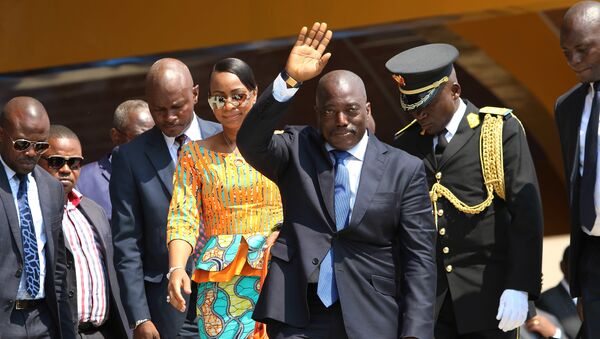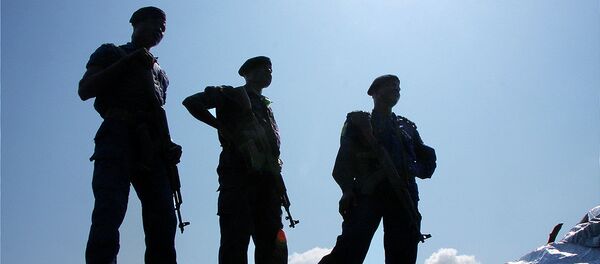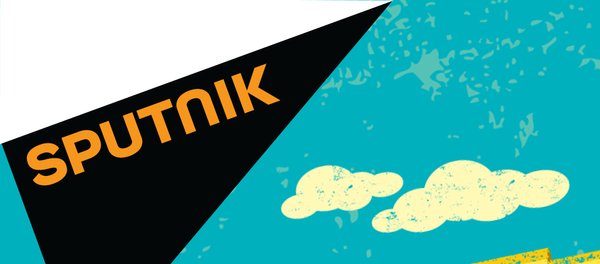President Joseph Kabila's term officially ends December 20, and the DRC's constitution bans him from seeking a third term. However, there is no election planned and Kabila has shown no indication of stepping down, CCTV reports. Opposition groups have accused him of delaying a vote and attempting to cling to power unjustly.
The talks, sponsored and mediated by the Catholic Church and intended to foster a resolution between Kabila's party and opposition groups, are scheduled to resume December 21.
"Given the breadth of the topics, participants came to the conclusion that these questions should not be dealt with hastily," said Monsignor Marcel Utembi, head of the Congolese bishops conference (CENCO), Deutsch Welle reported.
In the negotiations, Kabila's party and fringe opposition groups faced off against a mainstream opposition coalition led by 84-year-old Etienne Tshisekedi's Union for Democracy and Social Progress (UDPS).
But no deal could be struck, and church leaders and others fear that if a political settlement is not found soon, the situation may become "uncontrollable."
"The ruling majority is sitting on its positions and refuses to offer any concessions on matters that require a political response," UDPS Secretary General Jean-Marc Kabund said. He called on the people to "carry out their responsibilities" with respect to the deadline for Kabila's term to end, AFP reported.
But despite threatening to take to the streets from December 19 until Kabila left office, the opposition coalition did not immediately call for protests after the talks ceased.
However, anxiety about the potential for violence is high. Diplomatic staff have been urged to leave for months as the crisis loomed. Leaflets calling on people to remove Kabila from power began circulating in the capital, Kinshasa, this weekend. Kabila is not popular there, AFP reports.
The government ordered social networks, including Facebook and WhatsApp, to be blocked from midnight Sunday and police have built roadblocks in the city of 10 million to prevent large assemblies, according to Deutsche Welle.
UN High Commissioner for Human Rights Zeid Ra'ad al-Hussein said he was "deeply alarmed" at the media blackout and called on the DRC government to guarantee the rights of freedom of association and peaceful assembly
"Intimidating and targeting opponents and civil society is not the answer. Silencing their views and stopping them from protesting is not the solution, and in fact is more likely to push them to resort to violence," he said December 17.
Wars in Congo over the past two decades have left more than 3 million dead. Hundreds have died in political violence in recent years, with as many as 50 losing their lives in clashes in the capital in September over the government's failure to schedule new elections.
Kabila has ruled the mineral rich country since 2001. A Bloomberg analysis found that Kabila and his siblings own more than 70 companies worth hundreds of millions of dollars across all sectors of the economy in a country where, according to the World Bank, more than three quarters of the population lives on less than $2 a day.
"They don't want to change their position; they want Joseph Kabila to stay in power without any concession," said Martin Fayulu, a member of the opposition coalition, CCTV reports. "We are saying the term of Kabila has come to an end so let us agree on how we will run the country from December 20. They are buying time and reinforcing themselves, reinforcing security and police, you can see in the town everywhere."
Fayulu said they weren't working to a particular date or timeframe, but to "normalize our democratic space," he said. "After the 19th, if we haven't resolved the issue of the electoral process in an acceptable and lasting manner, these problems will persist."





